

Bayesian informatics is a convergent field that connects tools of statistical inference (like parameter-estimation & model-selection) to thermal physics, network analysis, the code-based sciences (like genetics, linguistics, & computer science), and even the role of information industries in the evolution of complex systems. To the extent that Bayesian inference is the science of making the most of limited data, one might even imagine that data-driven crime scene investigation is a special case.
Find here links and possible titles in a developing series of talks, as well as a cross-disciplinary course on Bayesian data analysis for the sciences.
The focus of these courses is on two things. The first-focus is "inverse problems" i.e. the inverse-complement to the "forward" problem of predicting outcomes given a model. This science, of selecting a model and its parameters given observations, has been moved forward by developments in more than one field. The second-focus is the role of log-probability (i.e. information) measures of sub-system correlation in the making of such inferences, and in understanding complex-systems generally. The senior-undergrad course is followup to Fall 2010 development work with a group of physics grad-students, two of whom were fresh out of a graduate stat-mech course using Sethna's cross-disciplinary text. The working texts for that project were Phil Gregory's text on Bayesian Data Analysis and Martin Nowak's text on Evolutionary Dynamics.

When offered e.g. in Fall 2012 as a senior-undergrad course, the course boiler-plate and syllabus will look something like:
PHYSICS 4305 Bayesian Data Analysis for the Sciences; Prerequisite: Consent of Instructor (3.0 credit hours)
This is a cross-disciplinary course in two parts. Part one covers Bayesian inference as applied to data analysis in general, with a special focus on the mathematics of model-selection in the physical and life sciences. Part two concentrates specifically on the Bayesian use of log-probability (i.e. information) measures to track order-disorder transitions in thermodynamics, and to track the evolution of sub-system correlations (via both digital and analog means) in a wide variety of complex systems. Expect weekly empirical observation exercises, and opportunities for asynchronous as well as synchronous collaboration.
Meetings: TuTh 12:30pm-1:45pm (recorded class-sessions will be made available 24/7)
Room: All interactive classes will be accessible live through Wimba classroom. They will likely be organized into short (e.g. 15 minute) sessions of blackboard work, followed by a problem to work together. Session recordings can be viewed after-the-fact. Joint-editing space for asychronous technical-collaboration on class material 24/7 using medi-wiki software will also be made available, in part to facilitate participation by students not able to participate in class synchronously. Students in St. Louis can attend the classes in person, with computer-access for electronic-interaction in Benton Rm. 225.
Text: Bayesian logical data analysis for the physical sciences: A comparative approach with Mathematica support by Phil Gregory (Cambridge U. Press, 2005).
Other materials: Regular browser-access (e.g. several times per week) to the course Blackboard site and the collaboration wiki through an internet browser is required. Access to Mathematica, or another high-level language with symbolic, numeric, and model-plotting capabilities, is recommended as well.
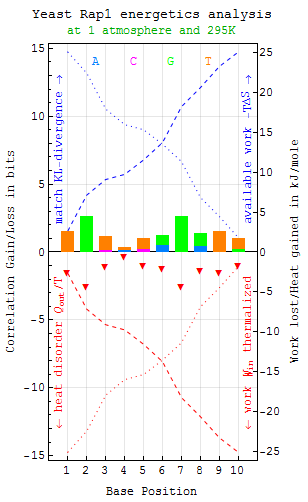
Topics to be covered in the course:
Goals of the course: The first goal is to introduce Bayesian-inference as applied to data analysis in a cross-disciplinary context, with a special focus on the mathematics of model-selection (e.g. as a complement to parameter-estimation) in the physical and life sciences. The second goal is bring students up to speed (in context of their background & interests) on the Bayesian use of log-probability (i.e. information) measures to track order-disorder transitions in thermodynamics as well as the evolution of sub-system correlations (via both digital and analog means) in a wide variety of complex systems.
If you are considering the Fall 2012 on-line version of the course and prefer, you may contact the instructor by e-mail (pfraundorf at umsl) about access to the course-development/collaboration wiki over the summer. Students at umsl can already access course-related notes under Bayesian informatics on the campus wiki.
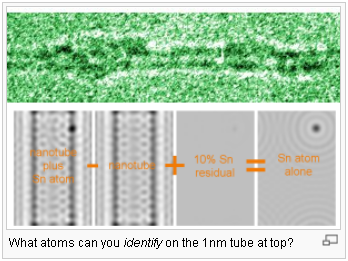
Course policies: Expect weekly empirical observation exercises, and opportunities for asynchronous as well as synchronous collaboration.
Final grade makeup:
Local on-site exams:
Makeup tests:

Clues to this might be found in these April 2011 journal club talk slides on "Astronomer Phil Gregory's book & model-selection in physics".
Clues to this may be found in this June 2011 (pr)eprint on metric-first & entropy-first approaches, and in links on our information physics page including these slides from the 1998 Jaynes symposium and these notes on a summer 1999 crackerbarrel organized with Edwin Taylor.
Clues to this may be found in this May 2010 contest entry on attention-slice status updates, and in these notes on an earlier NSF proposal draft.
These might be good places to post talk notes for moderated commentary.
This might be a good place to post voice-thread powered interactive Kahn-academy style tutorials for moderated commentary. Any volunteers to help?
For the first talk, related tutorials on model selection might cover:
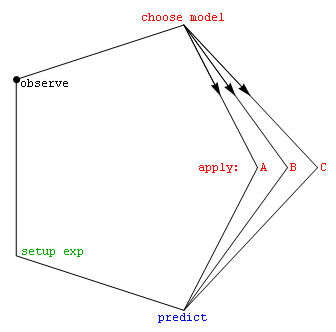
For the 2nd talk, related tutorials on developing models might cover:
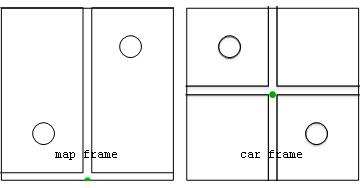


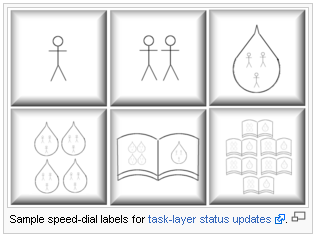
This page is hosted by the UM-StL Department of Physics and Astronomy, and the person responsible for corrections is P. Fraundorf.